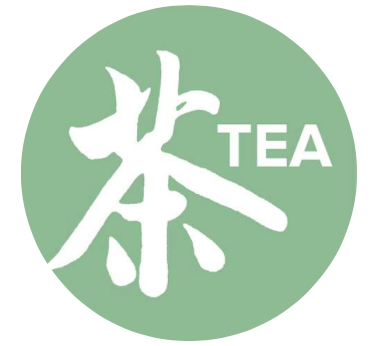“As we stand there is no organization in the world that embraces Global Tea. With the growth of specialty tea in the US, GTI is ideally suited to play that role.” — Manik Jayakumar, Chief Executive, QTrade Teas & Herbs Teas
A GLOBAL, INTELLECTUAL, AND CULTURAL EXPLORATION OF TEA
Long a global leader in innovations at the nexus of food, health, and the environment, UC Davis has launched the Global Tea Institute to bring the university’s premier research in agriculture, health, science, humanities, and social science to bear on the study of tea.
This project is driven by the long history and cultural importance of tea beginning in Asia and spreading to almost every continent in the world; the dearth - yet quickly growing list of tea-related scholarship in most disciplines; UC Davis' wide-ranging expertise in the humanities and social sciences and our complementary campus strengths and research traditions in nutrition and agricultural sciences.
GTI is a teaching, research, and outreach effort that involves the entire campus, which with 4 Colleges, 6 Professional Schools, 100+ majors, and 100+ graduate programs, is the most comprehensive of the University of California's ten campuses. GTI fosters collaboration across the sciences, humanities, and social sciences to explore ways tea influences everything from breeding and sustainability issues and health practices to ceramics history and gender roles around the world.
MISSION
GTI's mission is to promote the understanding of tea through evidence-based knowledge with a global perspective–promoting tea research from anywhere in the world, in any discipline, with any methodology. We actively foster knowledge through colloquia and symposia, lectures, and workshops which address the needs of the campus, industry, and general public. Teaching across the disciplines, we have also begun to write a new Global Tea Culture and Science curriculum for undergraduates and graduate UC Davis students.
GTI constantly pushes the boundaries of tea knowledge to share with the wider world. Through interdisciplinary and collaborative work, GTI asks new types of questions to find new types of answers. Though Camellia sinensis is our primary focus, GTI recognizes that all things consumed as "tea" also merit study.

